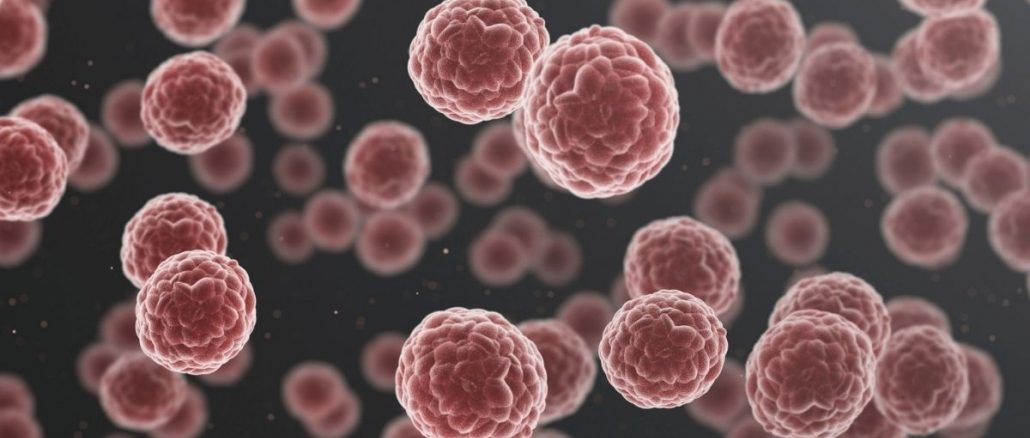
Discovered by researchers from Dublin City University (DCU) and Chalmers University of Technology (CUT), Sweden, the new method known as ‘click and cut’ or ‘click chemistry’ is a new way to prepare DNA drug molecules.
This method results in less damage to healthy cells during cancer treatment. Researchers found that they could bind and damage DNA, specific to cancer cells with the aim of damaging the harmful DNA. Currently, metal-based drugs deliver treatment against many forms of cancer but cannot target specific cells.
The team was led by Dr. Andrew Kellet, an Associate Professor of Inorganic and Medicinal Chemistry at DCU, alongside Professor Fredrink Westerlund, head of the Division of Chemical Biology at CUT.
Dr. Kellet, a lecturer in DCU since 2014, said the results were “promising” and “indicate a new avenue.”
“Although click chemistry has an extensive range of applications- particularly in the field of nucleic acid chemistry- it has not yet been widely considered as a way to construct DNA-damaging metallodrugs,” Dr. Kellet added in statement.
Chemotherapy, being a ‘metallodrug’, is an essential cancer treatment but it has a number of issues which this new research is aiming to combat. These issues include the fact that a person develops resistance to the drug and also the fact that the damage occurs not only to the cancerous cells, but also to healthy cells.
The new study also aims to reduce the side effects of cancer treatment, which for chemotherapy can include heavy fatigue, hair loss, lack of appetite, anaemia and nerve damage.
The research is available to be read online in the Nucleic Acids Research journal. It can be found here.
Jessica Woodlock



